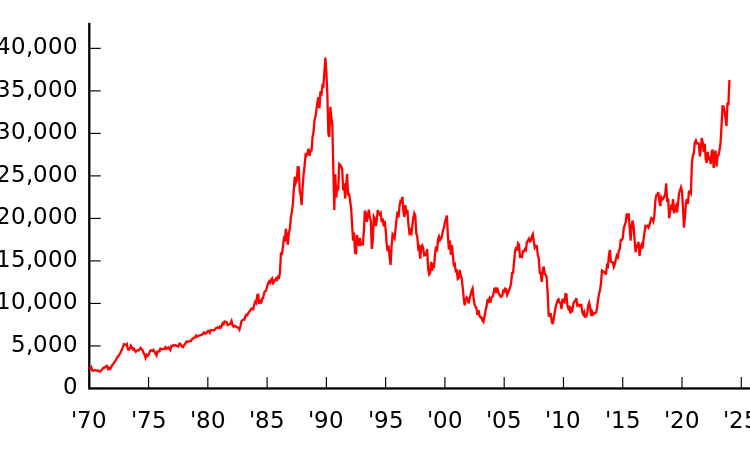Innovative solutions are transforming how we consume sugar without sacrificing taste.
- New technology could make sugar healthier without cutting it out of diets.
- Harvard scientists developed an enzyme that reduces sugar absorption and converts it to fiber.
- Kraft Heinz is collaborating with the Wyss Institute to bring this enzyme to market.
- Microscopic sponges in drink mixes can also soak up sugar in the stomach.
- Regulatory bodies are increasing scrutiny on added sugars in food products.
Imagine enjoying a chocolate bar that tastes just as sweet but is healthier for you. Thanks to groundbreaking research at Harvard’s Wyss Institute, this could soon be a reality. Scientists are developing an enzyme that, when added to foods, reduces the amount of sugar absorbed into the bloodstream and even converts it into beneficial fiber. This innovative approach aims to tackle America’s sugar consumption problem without eliminating sugar altogether. nnThe idea originated when Kraft Heinz partnered with the Wyss Institute to create a sugar substitute. However, the researchers proposed a different solution: keep the sugar but make it healthier. According to Sam Inverso, director of business development at the Wyss Institute, the real issue is not sugar itself, but the excessive amounts we consume. nnIn addition to the enzyme, another exciting development is a drink mix containing microscopic sponges that absorb sugar in the stomach, preventing it from entering the bloodstream. This product, called Monch Monch, can be mixed into any beverage and works by swelling up to sequester sugar. nnAs consumers become more aware of added sugars in processed foods, U.S. regulators are tightening restrictions on sugar content in products. Companies are responding by reformulating their products to reduce added sugars, but this often leads to challenges, including consumer backlash and the need to alter beloved recipes. nnThe Wyss Institute’s enzyme technology, which is still in development, could potentially reduce sugar absorption by 30% or more. However, it is currently expensive to produce and works better in solid foods than liquids. Meanwhile, other companies are exploring alternatives like allulose, a natural sugar that doesn’t contribute calories, and Incredo, a modified sugar that allows for reduced sugar use in recipes. nnWhile these innovations are promising, experts like Jerold Mande caution that the safety of such products is not always guaranteed, as many dietary supplements lack regulation. Ultimately, the best way to reduce sugar’s health impact may still be to simply consume less of it.·
Factuality Level: 7
Factuality Justification: The article presents a detailed overview of a new technology aimed at reducing sugar absorption in the body, along with various perspectives from experts and companies involved in the food industry. While it provides a lot of relevant information, some sections could be seen as tangential or overly detailed, which may detract from the main focus. Additionally, there are some claims that could benefit from more rigorous sourcing or clarification, particularly regarding the safety and efficacy of the new products mentioned.·
Noise Level: 7
Noise Justification: The article provides a detailed overview of innovative approaches to reducing sugar’s health impacts, including scientific advancements and regulatory changes. It discusses the implications of these technologies and holds companies accountable for their sugar content. However, it occasionally veers into promotional language and lacks a critical examination of potential downsides or long-term effects of these solutions.·
Public Companies: Kraft Heinz (KHC), PepsiCo (PEP), Tate & Lyle (TATE)
Private Companies: Biolumen,Manna Tree Partners,Magic Spoon,Blommer Chocolate,Incredo
Key People: Sam Inverso (Director of Business Development Partnerships at the Wyss Institute), Steve Young (Managing Partner at Manna Tree Partners), Adama Sesay (Senior Engineer at the Wyss Institute), John Topinka (R&D Lead at Kraft Heinz), Dr. Robert Lustig (Co-founder and Chief Medical Officer at Biolumen), Jerold Mande (Adjunct Professor of Nutrition at Harvard), Nick Fereday (Executive Director of Food and Consumer Trends for Rabobank)
Financial Relevance: Yes
Financial Markets Impacted: The article discusses innovations in food technology that could affect major food companies like Kraft Heinz and startups like Biolumen, impacting their market strategies and product offerings.
Financial Rating Justification: The article focuses on new technologies aimed at reducing sugar intake in food products, which is directly relevant to the food and beverage industry’s financial landscape. Companies are investing in these innovations, which could lead to changes in product formulations and consumer preferences, ultimately affecting their financial performance.·
Presence Of Extreme Event: No
Nature Of Extreme Event: No
Impact Rating Of The Extreme Event: No
Extreme Rating Justification: The article discusses innovations in reducing sugar consumption and does not mention any extreme events.·
 www.wsj.com
www.wsj.com 





